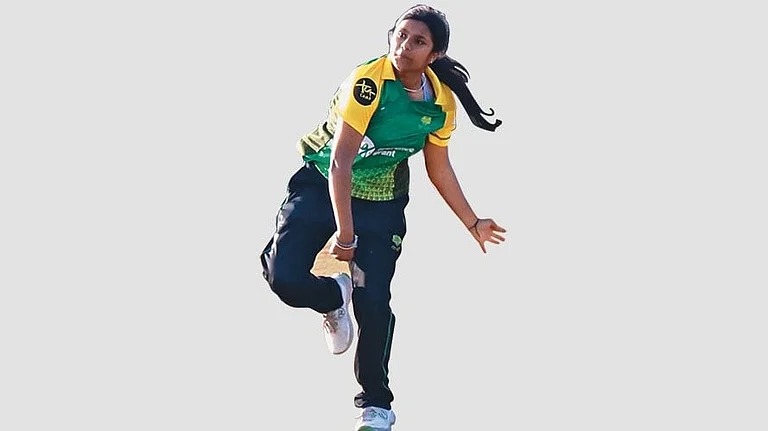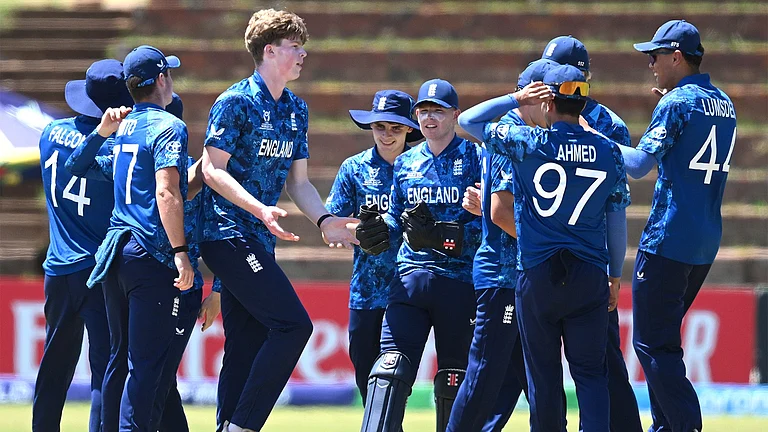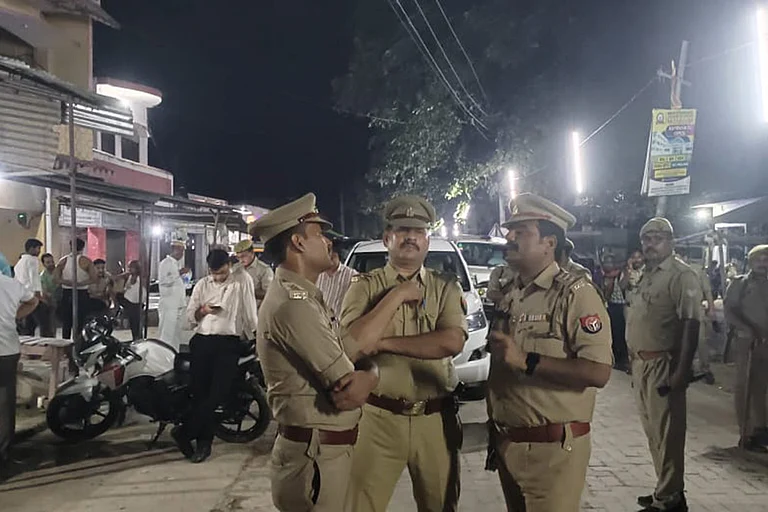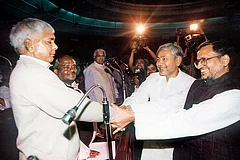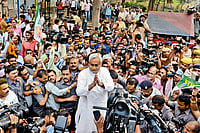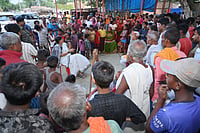Shambhavi Choudhary, 25, who won the General Elections with a margin of 1,87,537 votes from Samastipur—one of the six Lok Sabha seats reserved for Scheduled Castes (SC) in Bihar—is one of the youngest parliamentarians in the country. She is also the first woman MP from Samastipur.
The seat was earlier represented by constituent assembly member Satya Narayan Sinha, socialist icon Karpoori Thakur, and freedom fighter Ajit Kumar Mehta, among others.
Choudhary belongs to an influential political family. Her father Ashok Choudhary is a Janata Dal (United) leader and a minister in Nitish Kumar’s cabinet.
Choudhary did her MA in Sociology from the Delhi School of Economics in 2022. For the most part of her life, she was out of the limelight as she was not that fond of politics and being in public life. Her name only made headlines after she entered the political arena.
The Lok Janshakti Party (Ram Vilas), the political outfit floated by the late Ram Vilas Paswan, gave her a Lok Sabha ticket from Samastipur.
To ensure Choudhary’s victory, Prime Minister Narendra Modi himself held a public meeting where he addressed her as his daughter and appealed to the public to vote for her. In a public meeting in Darbhanga, pointing towards Choudhary who was present on the stage, PM Modi said: “Our daughter is the youngest candidate contesting general elections. Please bless her. She must win.”
After her victory, Choudhary said: “Our grandfather was in politics, father is also in politics, so we grew up in a political environment. When we used to see them working, we felt that there is nothing more satisfying than serving the public. I was interested in politics, but I could never have imagined that I would taste success at such a young age,” she says.
However, there was a controversy when she was given the ticket. It angered the old guard of the party. Two dozen leaders resigned, alleging that tickets were being given to outsiders, ignoring the party’s old-time workers.
One of the leaders who resigned said on condition of anonymity: “We have been associated with the party for years. We have been grassroots workers and have been working, putting our personal lives at stake. But we were ignored and the ticket was given to a person who has never worked on the ground.”
After her win Choudhary said: “We saw on the ground that people had full faith in CM Nitish Kumar, PM Modi and party chief Chirag Paswan. Women said that we would vote for the one who gives us ration and housing. This made me believe that my victory was certain.”
Apart from industries, her focus areas are road connectivity, educational institutions and health centres in remote areas.
Choudhary considers her win as the victory of nari shakti and for her, connectivity is a major issue. “Connectivity to schools, colleges and rural hospitals is not good. My priority will be to strengthen connectivity, so that girls can reach colleges and get higher education and sick people can reach hospitals,” she says.
Samastipur is one of those districts of Bihar where migration for jobs is high because there are no employment opportunities. Industries like the old sugar mill, jute mill and paper mill are closed. “We will look into if these closed industries can be reopened,” she says.
MORE FROM THIS ISSUE
“The issue of employment for youth has been dominating for quite some time. If industries are set up in our area, they will get employment. We will work on this,” says Choudhary.
(This appeared in the print as 'Art Of The Possible')








